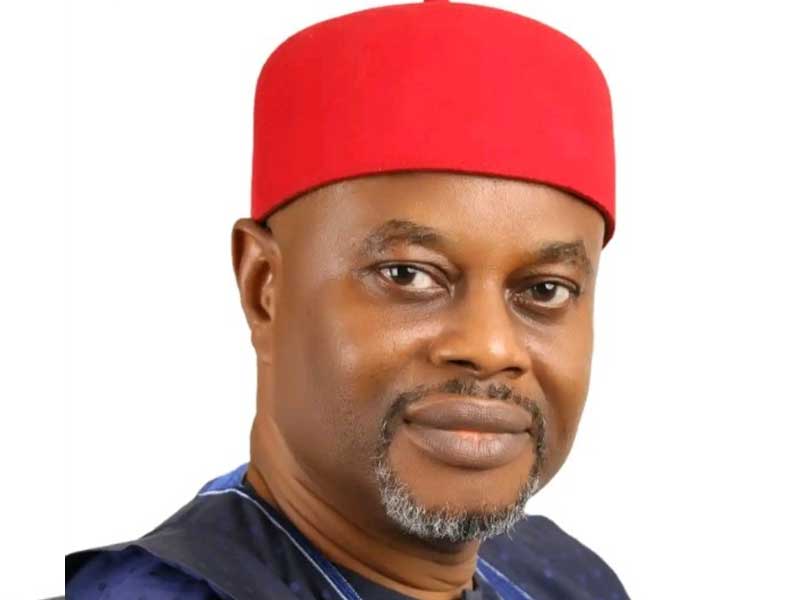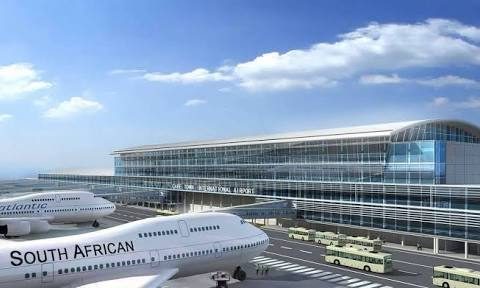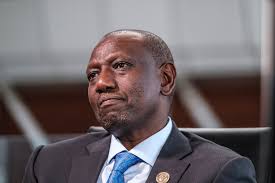African banks and institutional investors risk losing out to foreign investors unless they take the lead on urban development projects, says Sepo Haihambo, a pan-African banker and former CEO of FNB Commercial Namibia.
Her comments, which she made available to Prime Buisness Africa, follow EU data showing that towns and cities across the continent have rapidly expanded over the last 50 years. For Haihambo, this represents a golden opportunity for African banks to finance municipal growth, from housing to infrastructure projects, to drive domestic GDP.
Join our WhatsApp ChannelREAD ALSO: Climate Change Chaos: Africa Emits Less But Suffers More
Namibia, Rwanda, and Morocco have become top targets for foreign direct investment in energy, mining, manufacturing, as well as loans for large infrastructure projects. While Haihambo recognises that external finance is a crucial lifeline for African cities, especially following cuts in global development aid, she warns that local leadership must be central to ensure long-term self-sufficiency.
READ ALSO: Biggest Stock Rally in 15 years: Investors Rush Back to Emerging Markets
The banker and economist argues domestic financial institutions are deeply ingrained in the fabric of local societies and must play a central role in ensuring that Africa’s urbanisation is sustainable and locally grounded. “Banks are best-placed to structure municipal finance, how towns and cities manage debt and other incomes; sustainable development financing; and public-private partnerships,” she said.
According to her, African financiers should deliver infrastructure project assessments to ensure that transportation, housing, and other projects are cost effective and meet local needs. Despite Addis Ababa’s surging population, its foreign-funded railway is experiencing maintenance issues and a sharp fall in passenger numbers. The network is among 70 mega projects that Ethiopia undertook with a $14.8 billion loan from the Chinese government and other financial institutions.
“This is not a call for domestic financial institutions to edge out foreign investors. Instead, it is a rallying cry for African banks and institutional investors to step up and work in harmony with global capital,” Sepo Haihambo said.
“Local leadership is essential for delivering sustainable urbanisation, economic sovereignty, and ensuring growth benefits remain locally anchored,” she argued.
According to her, “External funding alone isn’t a silver bullet for growing urban populations. Without nuanced, on-the-ground perspectives, mega-projects risk missing the mark. The future of African cities depends on more responsibility being placed in the hands of African banks.”
Recognizing that development finance and foreign investment are important lifelines, the Pan-African banker however noted that African banks are deeply ingrained in the fabric of local societies and must play a much bigger role in supporting infrastructure projects like new railways, housing and drainage.
- Editor
- Editor
- Editor
- Editor
- Editor













